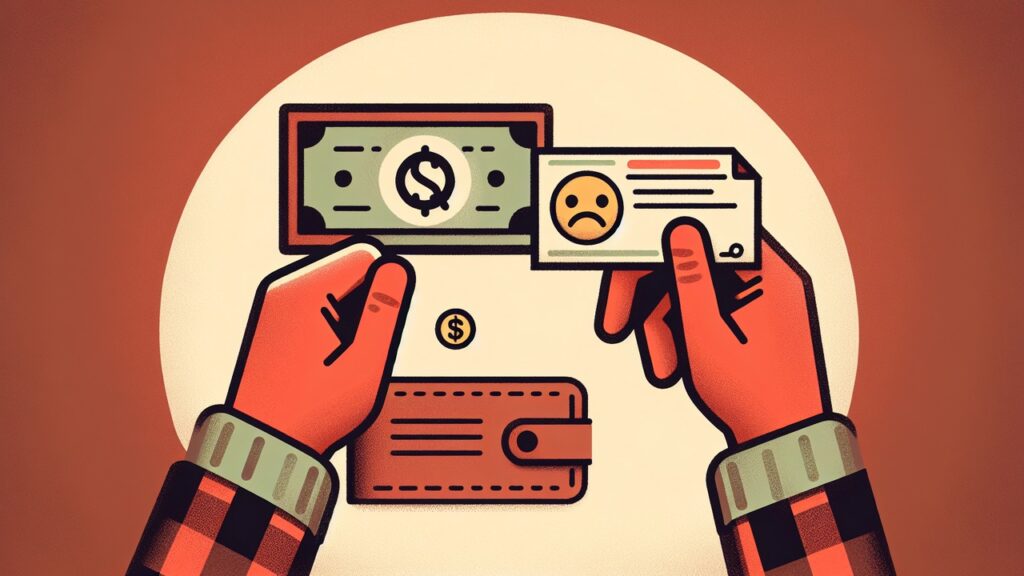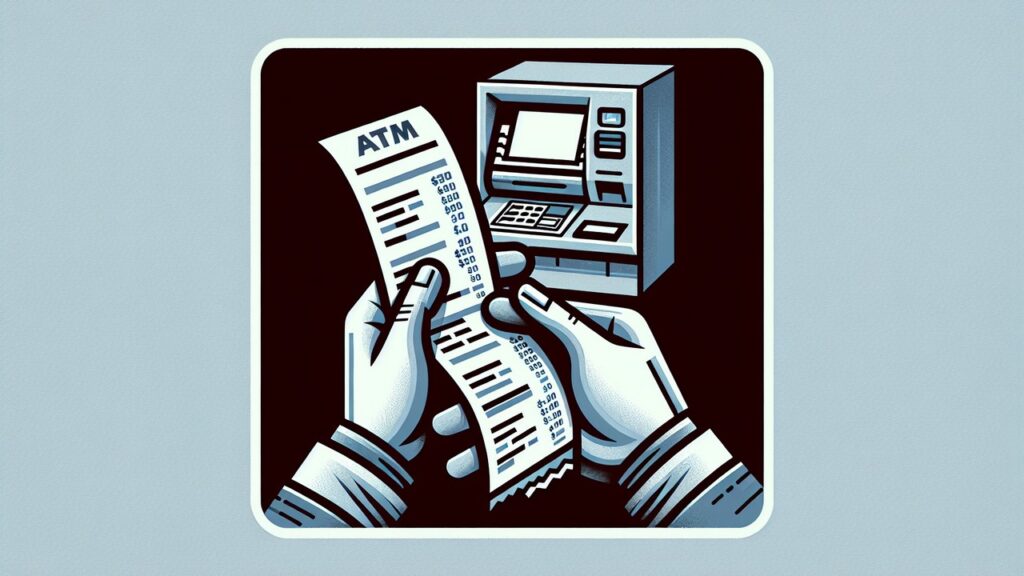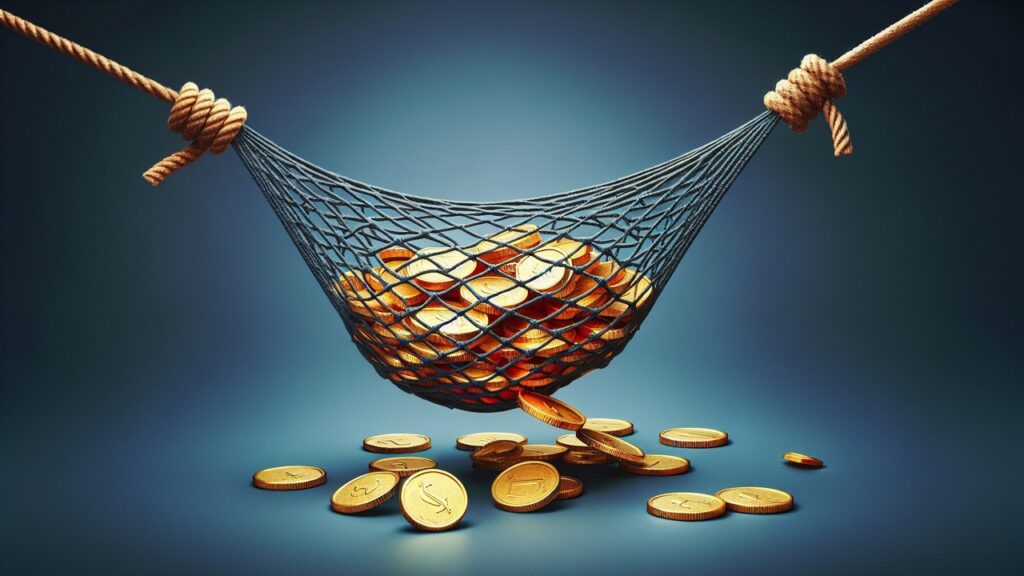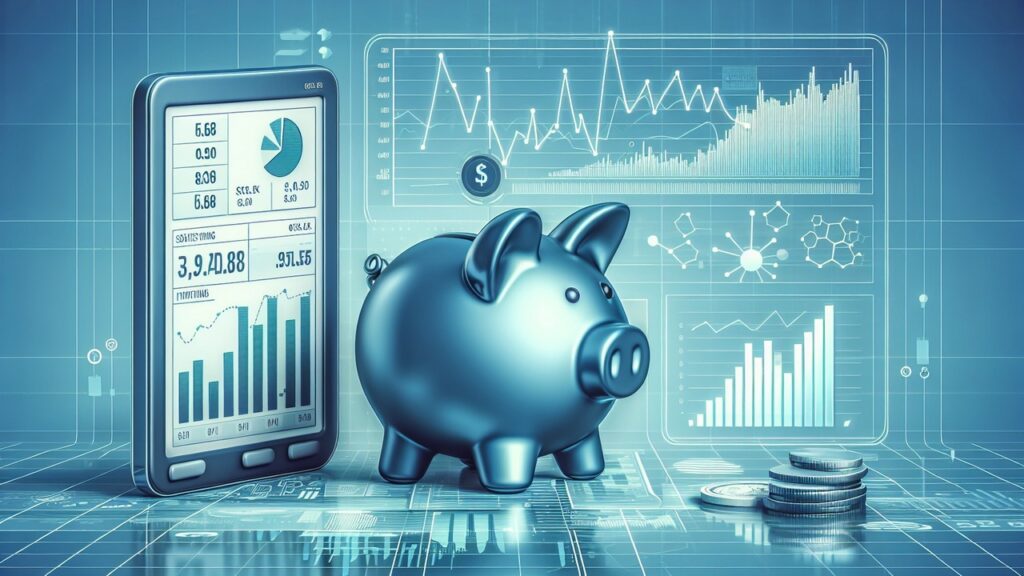Banks, right? Can’t live with them, can’t live without them. They’re as essential as your morning coffee when it comes to managing your money. But, just like that too-good-to-be-true coffee deal, there’s often a catch. Behind the friendly faces and free pens, banks have a few tricks up their sleeves that might not always be in your best interest.
Here's the scoop on a few things that your bank might not be too keen on sharing.
1. Watch Those Savings Account Rates

The interest rate on your savings account isn't set in stone. It can change overnight without warning. This rate often mirrors the federal funds rate, which fluctuates based on the economy’s performance. If you're looking to maximize returns on your savings, don't settle. Look around for high-yield accounts, often found at online banks, which can offer better returns on your cash stash.
2. The True Cost of a Bounced Check

Have you ever deposited a check only to find out it bounced? That’s not just embarrassing, it can hit your wallet, too. If you spend money that gets pulled back because of a bounced check, you might face overdraft fees, not to mention a fee for the returned check itself. It's worth checking out how to avoid these extra charges, as some banks offer ways to sidestep them.
3. Keep That ATM Receipt

Most of us bin the ATM receipt or leave it fluttering in the wind, but holding onto that little slip of paper until you confirm the transaction details can save you headaches. Errors do happen. Maybe the ATM dispensed the wrong amount and that receipt is your ticket to proving your case and getting the error fixed.
4. Think Twice About Overdraft Protection

Overdraft protection might sound like a safety net, ensuring your purchases aren't declined if your balance dips too low. However, the fees are steep — often up to $35 each time it kicks in, and yes, that could happen multiple times a day. Instead, consider setting up bank alerts to keep you in the loop about your balance so you can manage your funds better without resorting to costly ‘protections'.
5. The Cost of Paying Off a Loan Early

And finally, think you're doing yourself a favor by clearing that loan balance early? Think again. While wiping the slate clean can feel liberating, early payoff fees and the potential impact on your credit score (since you're shortening your history of regular payments) can actually set you back. Especially for auto or personal loans, paying off early might cost more than you'd expect.
© 2025 Benzinga.com. Benzinga does not provide investment advice. All rights reserved.
Trade confidently with insights and alerts from analyst ratings, free reports and breaking news that affects the stocks you care about.